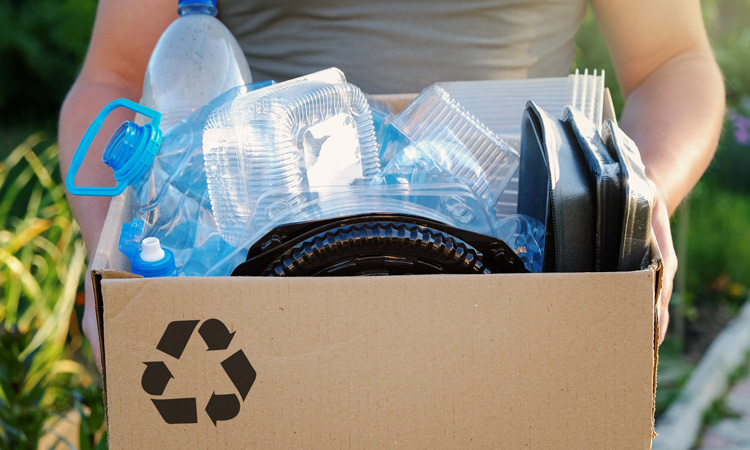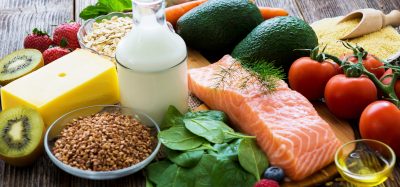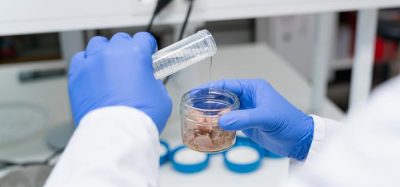Nestlé to “create market” for food-grade recycled plastics
- Like
- Digg
- Del
- Tumblr
- VKontakte
- Buffer
- Love This
- Odnoklassniki
- Meneame
- Blogger
- Amazon
- Yahoo Mail
- Gmail
- AOL
- Newsvine
- HackerNews
- Evernote
- MySpace
- Mail.ru
- Viadeo
- Line
- Comments
- Yummly
- SMS
- Viber
- Telegram
- Subscribe
- Skype
- Facebook Messenger
- Kakao
- LiveJournal
- Yammer
- Edgar
- Fintel
- Mix
- Instapaper
- Copy Link
Posted: 16 January 2020 | Sam Mehmet (New Food) | No comments yet
Building on its 2018 commitment to make 100 percent of its packaging recyclable or reusable by 2025, Nestlé aims to reduce its use of virgin plastics by one third whilst working to advance the circular economy and clean up plastic waste from oceans, lakes and rivers.


Nestlé has announced that it will invest up to CHF two billion (approximately £1.6 bn) to lead the shift from virgin plastics to food-grade recycled plastics and to accelerate the development of innovative sustainable packaging solutions.
To create a market, Nestlé has committed to sourcing up to two million metric tonnes of food-grade recycled plastics and allocating more than CHF 1.5 bn (approximately £1.2 bn) to pay a premium for these materials between now and 2025. Nestlé has announced that it will seek operational efficiencies to keep this initiative earnings neutral.
The company will also reportedly launch a CHF 250 mn (approximately £120 mn) sustainable packaging venture fund to invest in start-up companies that focus on these areas.
“No plastic should end up in landfill or as litter,” said Mark Schneider, CEO of Nestlé. “Making recycled plastics safe for food is an enormous challenge for our industry. That is why in addition to minimising plastics use and collecting waste, we want to close the loop and make more plastics infinitely recyclable. We are taking bold steps to create a wider market for food-grade recycled plastics and boost innovation in the packaging industry. We welcome others to join us on this journey.”
“We are pleased to see Nestlé commit a CHF two bn investment toward creating a circular economy for plastics, alongside a reduction of its use of virgin plastic in packaging by one third by 2025. By eliminating the plastics we do not need, innovating in areas like reuse models and new materials, and circulating the plastics we do need -also in more challenging food grade applications – we can create an economy where plastic never becomes waste. Achieving the commitments announced will significantly contribute towards realising this vision,” said Andrew Morlet, CEO, Ellen MacArthur Foundation, a UK registered charity which aims to inspire the next generation to re-think, re-design and build a positive future through a circular economy.
Related topics
Environment, Packaging & Labelling, Sustainability, Technology & Innovation








